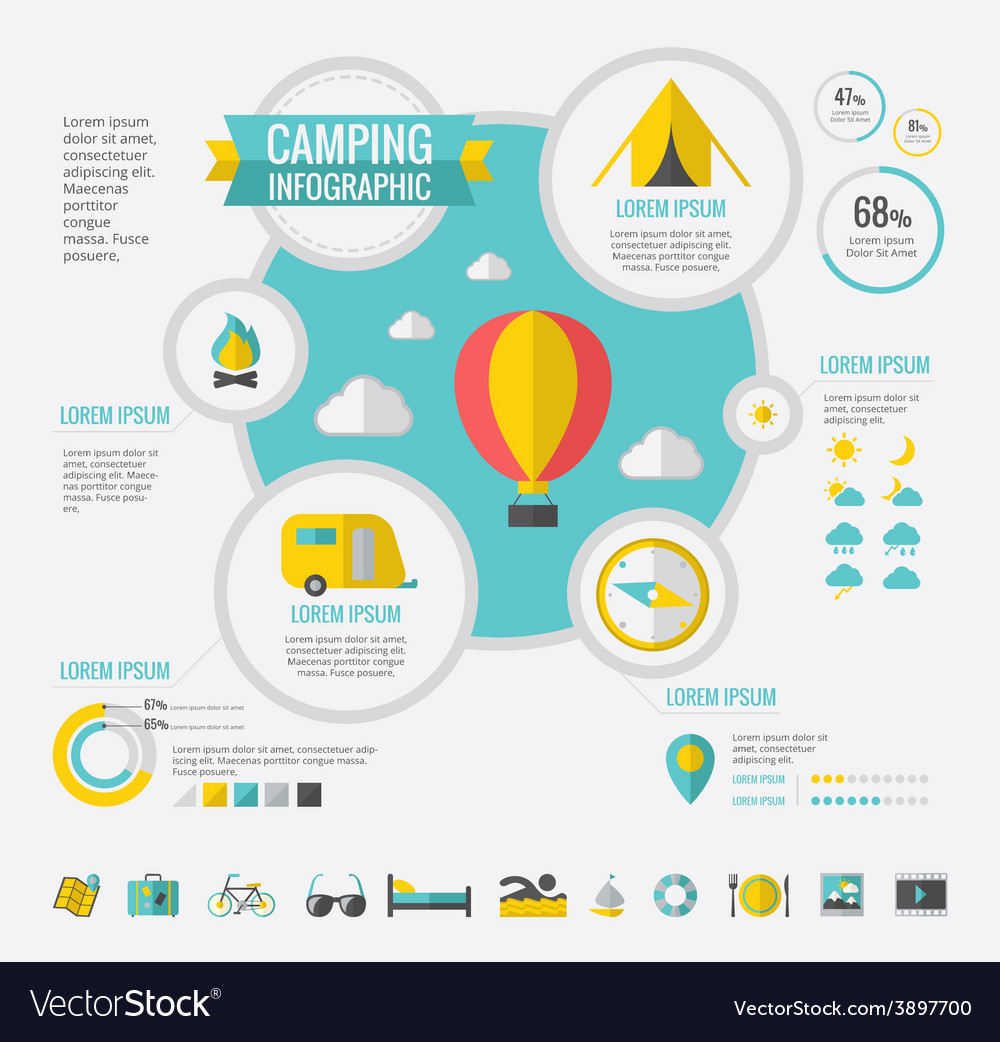While numerous campers concentrate on a camping tent's cover to protect them from rainfall, snow, and bugs, the camping tent flooring is equally crucial. A quality floor supplies protection from standing water, soaked mud, and sharp rocks.
At White Duck Outdoors, we provide free-floating plastic floors that are personalized to each camping tent dimension. This allows you to select a flooring liner or use your very own canvas tarpaulin as a liner.
Longevity
There are different kinds of floorings available for wall outdoors tents. Free-floating floors are separate items that you lay on the ground prior to building the camping tent, making them very easy to establish. A sewn-in floor is a bit extra complicated, however it uses excellent protection from water and insects.
Nonetheless, the best choice is a camping tent flooring lining. A liner is thick and forces any type of water or pests to go under the flooring rather than with openings in the camping tent. It additionally reduces the amount of dirt that gets in the outdoor tents, making it easier to clean and preserve.
All White Duck Outdoors wall surface outdoors tents feature a free-floating floor included, so you don't have to fret about acquiring and installing one separately. We understand the significance of having the ability to tailor your room and make camping even more enjoyable. The free-floating floor makes the tent simpler to bring, tidy and shop, deluxes that sewn-in or 3/4 floorings do not give.
Climate Resistance
When choosing a protective cover for industrial or logistical purposes, weather resistance is typically a crucial aspect. Canvas tarpaulins are generally made from all-natural products, while plastic tarpaulins include sophisticated polymer design. This distinction in structure leads to dramatically various efficiency attributes, upkeep demands, and appropriate applications.
Vinyl tarps are optimal for long term industrial coverage due to their resilience, waterproof features and chemical resistance. They also supply excellent UV defense and are lighter than canvas tarpaulins. These buildings make them the recommended option for covering devices and building short-term structures.
Easy Maintenance
The longevity of plastic floorings and their resistance to deterioration translates into minimal upkeep needs. Wipe-downs with moderate soap and water are enough to keep them looking tidy, while persistent spots can typically be eliminated without much effort.
On the other hand, canvas covers are more probable to take in moisture over time, causing mold and mildew and mildew growth otherwise appropriately dried or treated. In addition, they could need more constant waterproofing therapies to maintain their safety buildings.
Furthermore, a woven material like cotton is prone to puncturing and tearing with time, making it a lot more vulnerable to harm from sharp items or abrasive surface areas. Plastic is engineered to stand up to these dangers more effectively, placing it as a remarkable choice for sturdy security applications. Additionally, its artificial breathable fabric elements offer premium sturdiness and longevity contrasted to canvas materials. Subsequently, they usually have a lower ecological footprint in regards to manufacturing and disposal. They additionally have a tendency to have a more flexible customization ability, helping with the unification of complex designs and color design.
Environmental Effect
As with all items, it is essential to recognize the environmental account of each material. This consists of everything from basic materials sourcing and production processes to use durability and end-of-life disposal alternatives. This information permits companies to make smarter selections that align with sustainability objectives while meeting operational needs.
Sailcloth naturally lines up with eco-conscious goals because of its eco-friendly nature and lower manufacturing footprint. Its lighter weight equates to much less storage and transportation demands. Its decreased upkeep needs and longer life expectancy better decrease total expenditures.
Plastic, on the other hand, depends on artificial components for its toughness and climate resistance. Its chemical treatments need high energy input. Vinyl's non-biodegradable properties even more make complex recycling and waste management procedures. Nonetheless, it does provide exceptional waterproofing and UV deterioration resistance to exterior environments.
